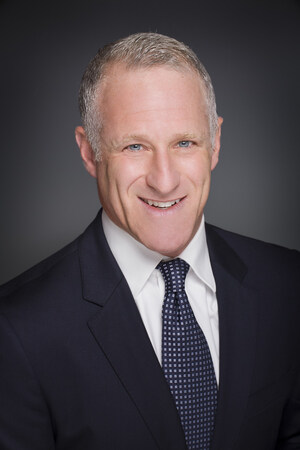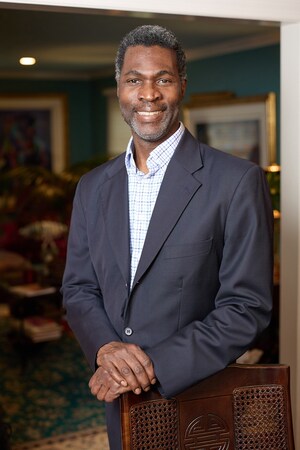PRINCETON, N.J., Oct. 4, 2011 /PRNewswire/ -- Researchers know that it is not uncommon for people facing a high-stakes personality test to fake their answers, but until now, they had no way to measure this. That has changed with the publication of New Perspectives on Faking in Personality Assessments, a 384-page anthology published by Oxford University Press.
The book was co-edited by Richard D. Roberts, a Principal Research Scientist in the Center for Academic and Workplace Readiness and Success at ETS; Matthias Ziegler, Junior Professor of Psychological Assessment at the Humboldt-Universitat zu Berlin; and Carolyn MacCann, a psychology lecturer at the University of Sydney.
"Employers want to know if a person they are about to hire has the right skills for a job, but they also want to know if it is the right person — the right personality — for the job and the company," says Roberts. "It is fairly easy to test a person to see if he or she knows what they need to know — i.e., if their cognitive skills are up to par. It is, however, not as easy to assess the personality of a future employee for the simple reason that people often fake it in order to get what they want."
"Very few people are 100 percent honest, but this is less of a problem than one might first think, as personality tests often focus on operational capabilities rather than ethical standards," adds Roberts. "There are many ways to evaluate the answers a test taker gives, and they can be compared to other answers and other test takers in order to elicit a truer picture of a person. The book presents the state-of-the-art research when it comes to detecting if somebody is faking it, and methods that could discourage them from doing it."
The issue of faking on personality assessments is not new, and the book provides an extensive survey of the field and the debate around it. Roberts says that a fundamental problem with faking in personality assessments is that it can undermine the validity of the tests.
"What use is a test if you can't trust the answers that the test taker gives?" he asks. "While there is a general agreement about what faking means in the context of personality assessment, there is less agreement on how to interpret it, or even how much it matters."
The book contains essays by American and international experts who approach the subject from different angles and sometimes disagree on key issues. Patrick Kyllonen, Senior Research Director at ETS, is co-author of a chapter titled "Intentional and Unintentional Faking in Education." Paul R. Sackett, a psychology professor at the University of Minnesota in Minneapolis and a member of ETS's Visiting Panel for Research, provides the final chapter, "Faking in Personality Assessments."
ETS's focus is on cognitive skills, but it is no stranger to noncognitive skills. Roberts points to noncognitive attributes assessed as part of large-scale group-score tests like the U.S. Department of Education's National Assessment of Educational Progress (NAEP), Programme for International Student Assessment (PISA) and Programme for the International Assessment of Adult Competencies (PIAAC), as well as ETS's recent introduction of the ETS® Personal Potential Index as examples of how ETS scientists have contributed their expertise in noncognitive assessment. The emerging domain of workforce readiness is also an area where expertise in this field could play an important role.
The book may be ordered online from Oxford University Press at: http://www.oup.com/us/catalog/general/subject/Psychology/Education/?view=usa&ci=9780195387476
About ETS
At ETS, we advance quality and equity in education for people worldwide by creating assessments based on rigorous research. ETS serves individuals, educational institutions and government agencies by providing customized solutions for teacher certification, English language learning, and elementary, secondary and post-secondary education, as well as conducting education research, analysis and policy studies. Founded as a nonprofit in 1947, ETS develops, administers and scores more than 50 million tests annually — including the TOEFL® and TOEIC® tests, the GRE® tests and The Praxis Series™ assessments — in more than 180 countries, at over 9,000 locations worldwide. www.ets.org
Contact: |
Tom Ewing |
|
1-609-683-2803 |
||
SOURCE ETS
WANT YOUR COMPANY'S NEWS FEATURED ON PRNEWSWIRE.COM?
Newsrooms &
Influencers
Digital Media
Outlets
Journalists
Opted In






Share this article